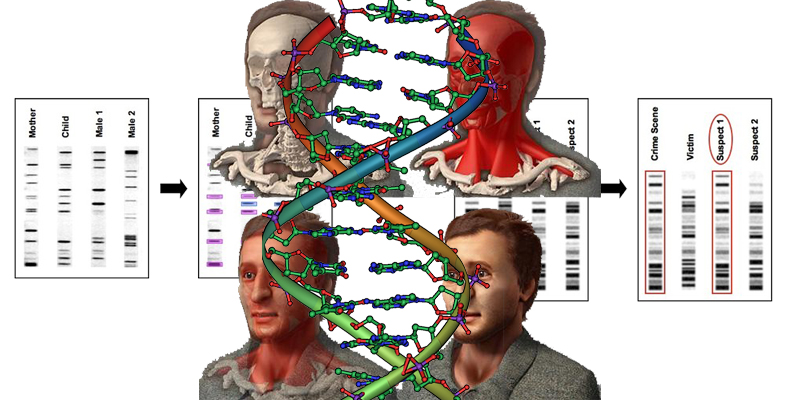Forensic DNA Profiling: What does the Future Hold?

Dr Linzi Wilson-Wilde OAM
Director, National Institute of Forensic Science
Deoxyribonucleic acid (DNA) based testing was first introduced into forensic science in the late 1990’s for the investigation of criminal offences. Forensic scientists compare the unique code found in each persons DNA, contained in virtually every cell in the body. DNA profiling has been successfully used to link individuals to biological samples found at crime scenes and also exclude individuals from having committed an offence. Large databases of suspects and convicted offenders are also used to identify recidivist offenders.
Current tests are limited in that they require a reference sample from a suspect to compare. But what does the future hold for this powerful investigative tool? Emerging DNA tests will be able to do much more. Technological advancements have seen a move to whole genome sequencing, which has the potential to provide significantly more information to police. Join Professor Linzi Wilson-Wilde, to explore the future possibilities for DNA profiling, including providing information on the offender’s physical appearance and their geographic ancestry.
About the Speaker
Dr Wilson-Wilde is the Director of the National Institute of Forensic Science with the Australia New Zealand Policing Advisory Agency, providing advice on all aspects of forensic science including policy, training, quality, and research and development.
After completing her Bachelor of Science at La Trobe University, Linzi started work with the Victoria Police Forensic Services Department in 1996, with whom she completed her La Trobe honours year. Following the Bali bombing in 2002, Dr Wilson-Wilde coordinated the DNA analysis of the samples used for victim identification and criminal investigation. She spent many years on crime scenes as a blood stain pattern interpretation expert.
In 2008 she took on a position as Acting Director of the National Institute of Forensic Science at ANZPAA, where she has been instrumental in the development and publication of forensic science Standards for the Australian and International community, investigating new DNA techniques and national approaches to forensic education and training. Linzi balanced this challenging work with the completion of her PhD in 2011 with the University of Canberra.
Dr Wilson-Wilde is now the most senior female forensic scientist in Australia and New Zealand and was one of 20 women inducted onto the Victorian Honour Roll of Women in March 2014.






